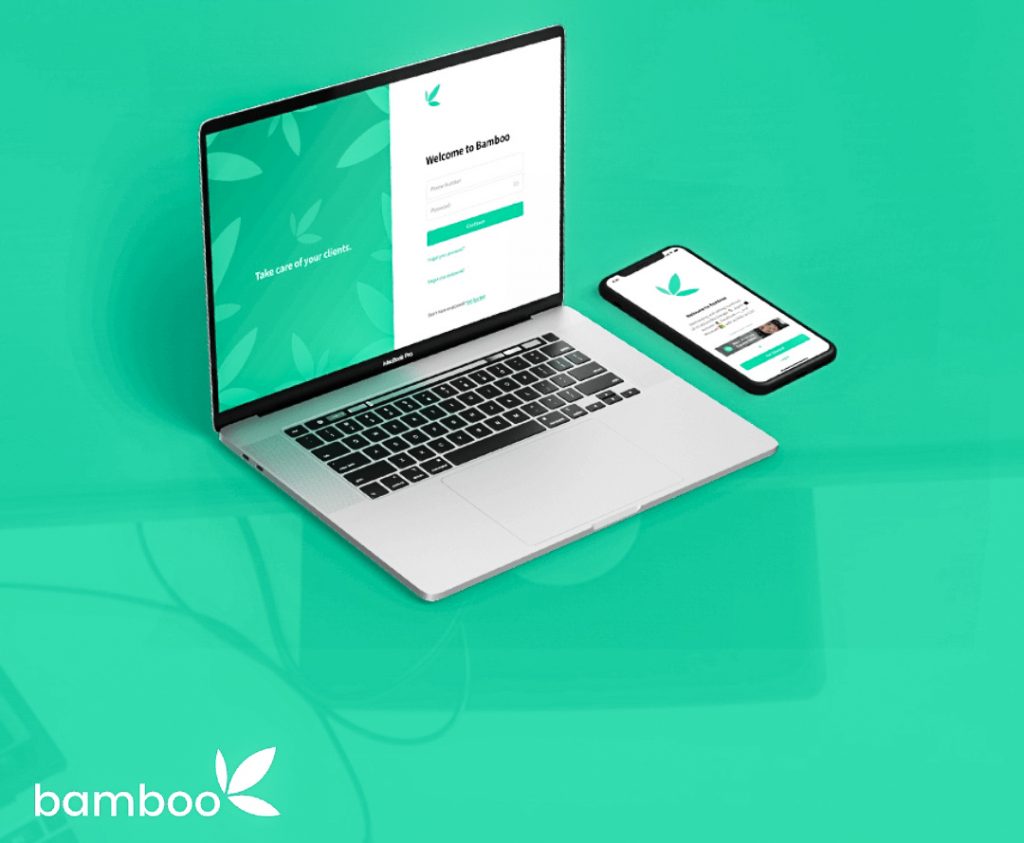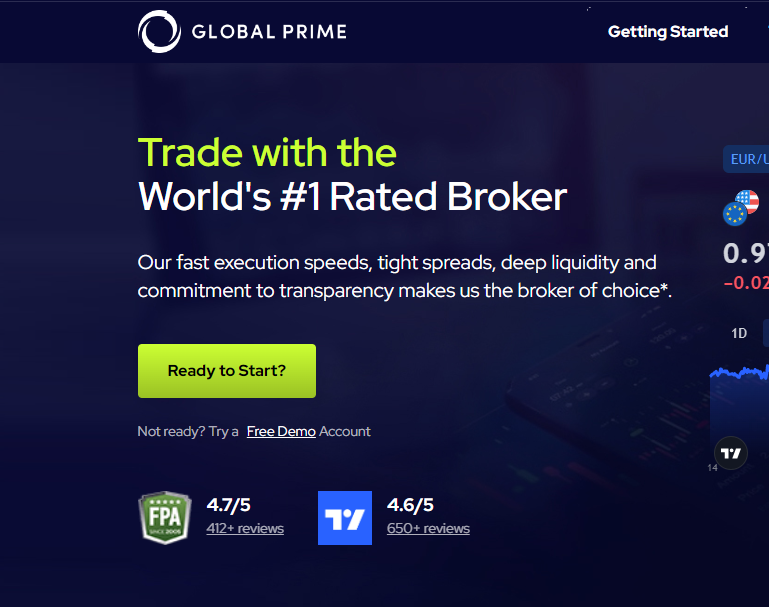Are you feeling overwhelmed by the burden of debt and looking for a way to quickly pay it off? Well, you’re not alone. Many people find themselves in a similar situation, searching for the fastest and most effective method to eliminate their debts. In this article, we will explore various strategies that can help you get out of debt as quickly as possible.
From creating a budget and cutting back on expenses to exploring debt consolidation options or implementing the snowball method, there are several approaches you can take to accelerate your debt repayment. Let’s explore the fastest way to pay off debt and start your journey towards financial freedom.
The benefits of paying off debt fast
1. Interest Savings
One of the most straightforward benefits of paying off debt faster is the reduction in interest payments. When you pay down your principal balance quickly, you accrue less interest over the life of the loan. This can result in substantial savings, especially for high-interest debt like credit cards.
2. Financial Freedom
Eliminating debt provides a sense of financial freedom. Living without the burden of monthly debt payments allows you to allocate more of your income towards savings, investments, or other financial goals.
3. Improved Credit Score
Consistently paying off debt can positively impact your credit score. A lower debt-to-income ratio and a history of timely payments contribute to a better credit profile, which can be beneficial when applying for loans or credit in the future.
4. Reduced Stress and Anxiety
Debt can be a significant source of stress and anxiety. Paying off debt faster can alleviate this burden, leading to improved mental well-being and a greater sense of control over your financial situation.
5. Faster Achievement of Financial Goals
Without the constraints of debt, you can allocate more money towards achieving your financial goals. Whether it’s saving for a home, starting a business, or investing for retirement, paying off debt faster accelerates your progress towards these objectives.
6. Increased Savings for Emergencies
Building an emergency fund becomes easier when you’re not funnelling a significant portion of your income into debt payments. Having a robust emergency fund provides a financial safety net for unexpected expenses, reducing the likelihood of going further into debt during challenging times.
7. Opportunity for Investments
With debt out of the way, you can redirect funds towards investments. Whether it’s contributing more to retirement accounts, investing in the stock market, or other wealth-building opportunities, paying off debt faster frees up capital for these purposes.
8. Enhanced Financial Discipline:
The process of paying off debt faster often requires a high level of financial discipline and budgeting. This discipline can spill over into other areas of your financial life, promoting responsible spending and saving habits.
9. Avoidance of Long-Term Financial Strain
Carrying debt for an extended period can lead to long-term financial strain. By paying it off faster, you reduce the overall financial burden and minimize the potential negative impact on your long-term financial health.
10. Peace of Mind
Ultimately, paying off debt faster provides peace of mind. Knowing that you are actively working towards financial freedom and reducing your reliance on borrowed money can contribute to a more secure and positive outlook on your financial future.
The impact of debt on your financial well-being
Debt can have a significant impact on your financial well-being. It can lead to stress, sleepless nights, and a feeling of being trapped. High interest rates can make it seem like you’re spinning your wheels, making minimum payments but never making a dent in the principal. Understanding the impact of debt is crucial in motivating yourself to take action and find a solution.
One way to visualize the impact of debt is by calculating how much interest you’re paying each month. Take a look at your credit card or loan statements and find the interest charges. Seeing the actual amount of money you’re throwing away on interest can be a wake-up call and provide the motivation to take action.
Another aspect to consider is the opportunity cost of carrying debt. Think about what you could do with the money you’re currently using to pay off debt. Imagine how much more you could save or invest if you were debt-free. By understanding the long-term consequences of debt, you’ll be more motivated to find the fastest way to pay it off.
Check your current debt situation
Before we proceed, you should first assess your current debt situation. Start by making a list of all your debts, including credit cards, loans, and any other outstanding balances.
- Create a list of all debts, including credit cards, loans, and outstanding balances.
- Include details such as the amount owed, interest rates, and minimum monthly payments.
- Use this list to calculate your total debt and determine your debt-to-income ratio.
- The debt-to-income ratio compares monthly debt payments to monthly income.
- A high ratio suggests a significant portion of income is going towards debt.
- Understanding your current debt situation guides decision-making and strategy implementation.
- Track progress as you work on various strategies to pay off debt.
Don’t Miss: Upper, Middle, Lower Class, & Other Social Classes Explained
7 ways to pay off debt fast
1. The snowball method: Paying off debt from smallest to largest
One popular strategy for paying off debt is the snowball method. This approach involves prioritizing your debts from smallest to largest, regardless of interest rates. The idea behind the snowball method is to gain momentum and motivation by paying off smaller debts first.
To implement the snowball method, start by making minimum payments on all your debts except the smallest one. Put any extra money you can towards that smallest debt until it’s paid off completely. Once you’ve paid off the smallest debt, take the money you were putting towards it and apply it to the next smallest debt. Repeat this process until all your debts are paid off.
The snowball method can be effective because it provides a sense of accomplishment and progress early on. By paying off smaller debts first, you’ll see tangible results and stay motivated to continue the debt repayment journey.
2. The avalanche method: Paying off debt with the highest interest rate first
While the snowball method focuses on paying off debts from smallest to largest, the avalanche method takes a different approach. With the avalanche method, you prioritize debts based on their interest rates, starting with the highest interest rate first.
To implement the avalanche method, make minimum payments on all your debts except the one with the highest interest rate. Put any extra money you can towards that debt until it’s paid off. Once the highest interest debt is eliminated, move on to the debt with the next highest interest rate and repeat the process.
The advantage of the avalanche method is that it saves you money in the long run. By tackling higher interest debts first, you’re minimizing the amount of interest that accumulates over time. However, it may take longer to see visible progress compared to the snowball method.
3. Consider consolidating the debt
If you have multiple debts with high-interest rates, consolidating your debt into a single loan or line of credit can be an effective strategy. Debt consolidation allows you to combine all your debts into one, potentially with a lower interest rate. This simplifies your debt repayment process and can save you money on interest.
There are several options for debt consolidation, including personal loans, balance transfer credit cards, and home equity loans. Each option has its pros and cons, so it’s important to carefully consider your situation and choose the one that best fits your needs.
When considering debt consolidation, make sure to compare interest rates, fees, and repayment terms. Additionally, be aware that debt consolidation is not a magic solution. It’s essential to address the underlying issues that led to your debt in the first place and develop a plan to avoid falling back into the same cycle.
4. Try balance transfer credit cards
Balance transfer credit cards are another option for consolidating and paying off debt. These credit cards allow you to transfer your existing balances from high-interest credit cards to a new card with a low or 0% introductory interest rate. By taking advantage of the promotional period, you can save money on interest and pay off your debt faster.
When considering a balance transfer credit card, be mindful of the terms and conditions. Introductory interest rates may only last for a limited time, after which the rate may increase significantly. Additionally, balance transfer fees may apply, so factor those into your calculations.
Balance transfer credit cards can be a useful tool for paying off debt quickly, but they require discipline and a plan. Make sure you have a strategy in place to pay off the transferred balance before the promotional period ends to maximize the benefits.
5. Increase your income to pay off debt faster
While cutting back on expenses is an important aspect of debt repayment, increasing your income can significantly accelerate the process. Look for ways to boost your income, such as taking on a side gig, freelancing, or finding a higher-paying job.
Consider your skills and interests and explore opportunities that align with them. The extra income you generate can be directed towards your debt repayment, allowing you to pay off your debts faster.
Increasing your income requires effort and dedication, but it can have a substantial impact on your debt repayment journey. Evaluate your skills, network, and market demand to find the best income-boosting opportunities for your situation.
6. Reduce your expenses and create a budget
Cutting back on expenses is an essential step in paying off debt quickly. Take a close look at your monthly expenses and identify areas where you can make cuts. This may involve reducing discretionary spending, renegotiating bills, or finding more cost-effective alternatives.
Creating a budget is a crucial part of managing your finances and accelerating debt repayment. Start by tracking your income and expenses to get a clear understanding of where your money is going. Then, set financial goals and allocate your income towards debt repayment, savings, and other necessary expenses.
A budget helps you prioritize your spending, stay on track, and make informed decisions about your financial priorities. It also allows you to identify areas where you can save more money and put it towards paying off your debts faster.
7. Get professional help from credit counselling and debt management programs
If you’re feeling overwhelmed or unsure about the best way to pay off your debts, seeking professional help can provide guidance and support. Credit counseling agencies offer free or low-cost services to help you develop a personalized debt repayment plan.
Credit counselors can review your financial situation, provide budgeting advice, and negotiate with creditors on your behalf. They can also help you explore debt management programs, which involve consolidating your debts into a single monthly payment that is distributed to your creditors.
Before working with a credit counseling agency or enrolling in a debt management program, do thorough research and ensure they are reputable and accredited. Understand any fees involved and carefully review the terms and conditions before making a decision.
8. Celebrate milestones and stay motivated throughout the debt repayment journey
Paying off debt can be a long and challenging journey, so it’s important to celebrate milestones along the way. Each time you pay off a debt or reach a significant milestone, take a moment to acknowledge your progress and reward yourself. This will help you stay motivated and committed to your debt repayment plan.
Find healthy and affordable ways to celebrate, such as treating yourself to a favourite meal or engaging in a hobby you enjoy. The key is to acknowledge your achievements without derailing your progress by overspending or going into further debt.
Additionally, staying motivated throughout the debt repayment journey requires a positive mindset and a focus on your long-term goals. Remind yourself of the financial freedom and peace of mind that comes with being debt-free. Surround yourself with supportive people who understand and encourage your efforts.
The Bottom Line
Paying off debt quickly requires a combination of strategies, discipline, and determination. By understanding the impact of debt, assessing your situation, and implementing the right methods, you can accelerate your debt repayment and work towards financial freedom.
Remember, the fastest way to pay off debt is unique to each individual, so take the time to find the approach that works best for you. Stay committed, celebrate milestones, and keep your eyes on the prize – a debt-free future.







